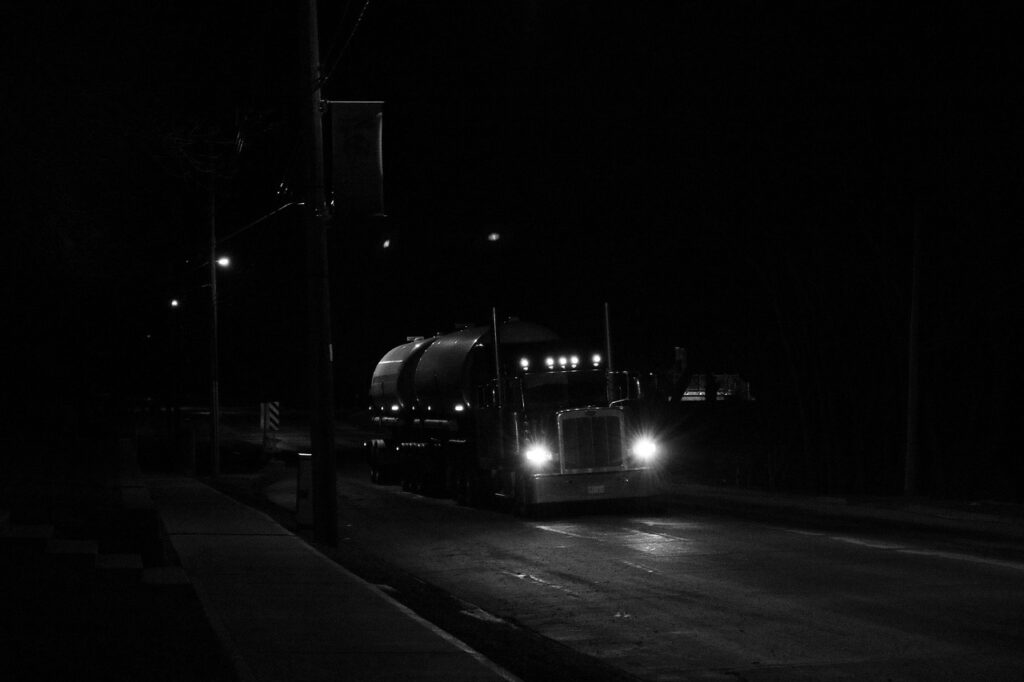In the ever-evolving landscape of transportation, sustainability has emerged as a paramount concern, driving significant shifts within the trucking industry. With growing awareness of environmental issues and increasing pressure to reduce carbon emissions, trucking companies are embracing innovative solutions to minimize their ecological footprint. Let’s delve into the green revolution in trucking and its implications for the future of freight transportation.
Environmental Imperatives: A Call to Action
The imperative to address climate change and reduce greenhouse gas emissions has sparked a wave of sustainability initiatives within the trucking industry. As one of the largest contributors to carbon emissions in the transportation sector, trucking plays a pivotal role in the transition to a greener future. Companies are facing mounting pressure from consumers, regulators, and stakeholders to adopt cleaner technologies and practices that minimize environmental impact.
Eco-Friendly Innovations: Pioneering Solutions
In response to these challenges, trucking companies are spearheading a wave of eco-friendly innovations aimed at reducing emissions and promoting sustainability. From the electrification of fleets to the adoption of alternative fuels such as natural gas and hydrogen, there is a growing emphasis on cleaner and more efficient transportation solutions. Additionally, advancements in aerodynamics, lightweight materials, and route optimization technologies are further enhancing fuel efficiency and reducing carbon footprint.
Collaborative Efforts: Industry Partnerships
The transition to sustainable trucking is not a solo endeavor but rather a collaborative effort that involves industry partnerships and collective action. Truck manufacturers, technology developers, fuel suppliers, and logistics companies are joining forces to drive innovation and scale up sustainable solutions. Initiatives such as the development of electric charging infrastructure, the promotion of renewable energy sources, and the implementation of carbon offset programs are fostering a more holistic approach to sustainability.
Challenges and Opportunities
Despite the progress being made, the green revolution in trucking is not without its challenges. High upfront costs, limited infrastructure, and regulatory uncertainties pose obstacles to widespread adoption of sustainable technologies. However, these challenges also present opportunities for innovation and investment in new solutions that can drive long-term economic and environmental benefits.
The Path Forward: Towards a Greener Tomorrow
As the trucking industry continues to embrace sustainability, the path forward lies in a concerted effort to integrate eco-friendly practices into every aspect of operations. From vehicle design and manufacturing to fleet management and logistics, sustainability must be ingrained in the DNA of the industry. By prioritizing environmental stewardship and embracing innovative solutions, trucking companies can pave the way for a greener tomorrow.
Conclusion
The green revolution in trucking represents a transformative shift towards a more sustainable and environmentally conscious future. Through a combination of technological innovation, industry collaboration, and forward-thinking policies, the trucking industry has the potential to lead the charge towards a greener tomorrow. By seizing the opportunities presented by sustainability, trucking companies can not only reduce their environmental impact but also drive positive change across the entire transportation sector.


